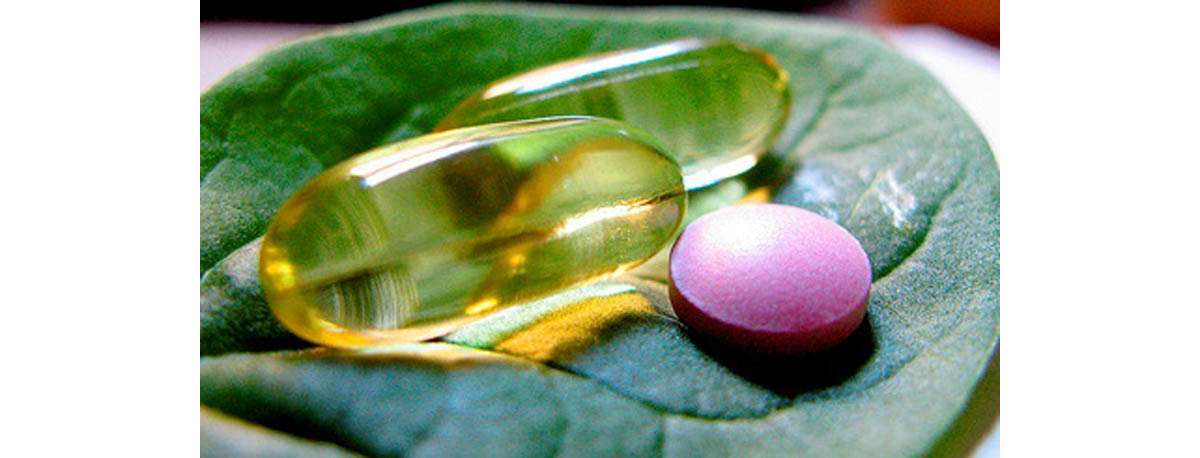Table of Contents

-
Zinc only helps stop a cold if it is mixed with saliva.
-
Elderberry extract works by interfering with the ability of influenza viruses to lock onto cells in the lining of the mouth, throat, and lungs.
-
HealthCanada (the Canadian Ministry of Health) officially recommends vitamin C for treating colds.
-
Echinacea does not prevent colds, but it helps people get over them faster.
It's important to use products made with Echinacea purpurea, not Echinacea angustifolia, and the flowers and leaves are better than the stems and roots. (This will be noted on the label of the product.) If you have never taken echinacea before, take the smallest dose possible (usually a 500 mg tablet or 1/4 teaspoon/1 ml of extract), just to make sure you are not allergic to the plant. Then take 2000 to 3000 mg of pills or capsules of 3 teaspoons/15 ml of extract every day until you are well. Echinacea usually cuts the time to recovery in half.
READ Is It a Cold, or Is It Flu? When Are You Too Sick to Work Out?
And what about that favorite colds remedy, chicken soup? Scientists at the University of Nebraska found that slowly simmering herbs in chicken stock makes unique compounds that reduce the amount of inflammation generated by white blood cells known as neutrophils. Chicken soup makes you feel better by modulating your immune system, but only slowly simmered chicken soup has this effect.
If you prefer a vegan alternative, miso with shallots will also open up your nose and sinuses and relieve pressure. Just be prepared to blow your nose before you drink the miso soup.
- Nahas R, Balla A. Complementary and alternative medicine for prevention and treatment of the common cold. Can Fam Physician. 2011 Jan.57(1):31-6.
- Photo courtesy of Andrés Nieto Porras by Flickr : www.flickr.com/photos/anieto2k/5315473281/
- Photo courtesy of happy_sleepy on Flickr: www.flickr.com/photos/happy_sleepy/4136590724

